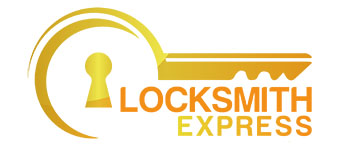How to Avoid Locksmith Scams
Get your price quote upfront
Get an estimate on the phone before the locksmith arrives. If that isn‘t possible, get one before any work begins, and ensure it includes all work, parts, travel, and any additional fees. There may be a minimum service call fee, a mileage fee, or an extra charge for responding to a call in the middle of the night, so be sure to ask about these fees in advance.
Identification and credentials
Most legitimate locksmiths arrive in a clearly marked vehicle and carry photo identification. Upon the locksmith’s arrival, ask for photo identification, a locksmith license, and a business card. A legitimate locksmith will also confirm your identity as the auto or property owner before commencing work.
Insurance
Ask for proof of insurance before any work is done. If your property is damaged during a repair — or if faulty work leads to later loss or damage — the locksmith’s insurance will cover your losses.
The final price should match the quote
If a locksmith’s price upon arriving doesn’t match the phone quote and there’s no legitimate reason for the increase, just say “no.” You‘re under no obligation, and the locksmith has already shown he’s not to be trusted. It’s better to wait for a legitimate locksmith to arrive than to be taken advantage of for possibly hundreds of dollars by a scammer.
Never sign or pay until the work is completed
Never sign a blank form authorizing work in advance. Doing so could mean you’ve agreed to allow an unscrupulous locksmith to damage your lock and then charge you a high price to replace it. If you must sign first, please read the fine print. Get an estimate up front, and pay only when the work is completed.
Be wary of locksmiths who drill
Most experienced locksmiths have the tools and the training to unlock almost any lock. While there may be situations where drilling is the only solution, it should always be considered as a last resort.
Use a Safe Payment Method
If possible, use a credit card to pay for locksmith services. Paying with cash won’t provide proof of payment, and many credit card companies will remove fraudulent charges if you find you’ve been taken advantage of by a scammer.
Get an Itemized Invoice
Once work is completed, request an invoice showing itemized totals for parts, labor, mileage, and any fees or service charges. The invoice should include the locksmith’s business name, address, phone number and/or an email address.

